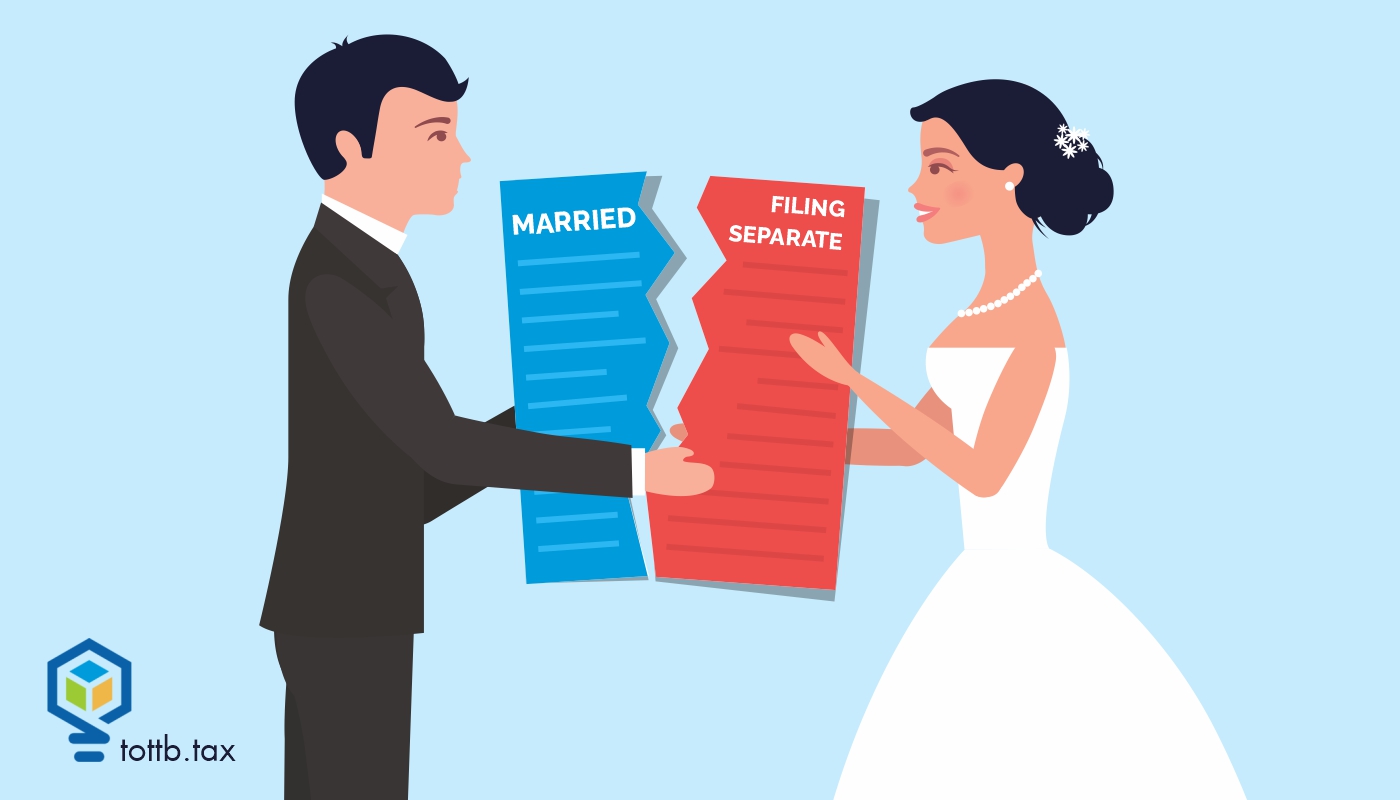No One Wants to Pay SE Taxes on Royalties
Most of the Tax Code is “gray.” No, I don’t mean the color font it is written in. Unlike a lot of rules, the Tax Code is difficult to judge what is right and wrong. Perhaps it has to be written this way because to try and define every possible money situation is unfeasible. Perhaps, the writers like it this way because as we’ve said here many times at Think Outside the Tax Box, the gray area provides opportunity for tax savings.
Take for example the official Tax Code definition of taxable income. Rather than affirmatively define it, the authors chose to negatively define it. Generally, an amount is part of taxable income unless the law specifically exempts it.
Certain types of income get taxed twice. If, for example, you are subject to net investment income tax, you’ll not only pay income or capital gains tax, but an additional tax, as well. The same is true for royalty income.
In some instances, it is necessary to pay income tax and self-employment tax on royalty checks you receive. To take advantage of breaks we must examine what loopholes or gray areas exist for royalties, and more importantly, how can you shield it from as much tax as possible.
Continue reading to learn how.
Read More











